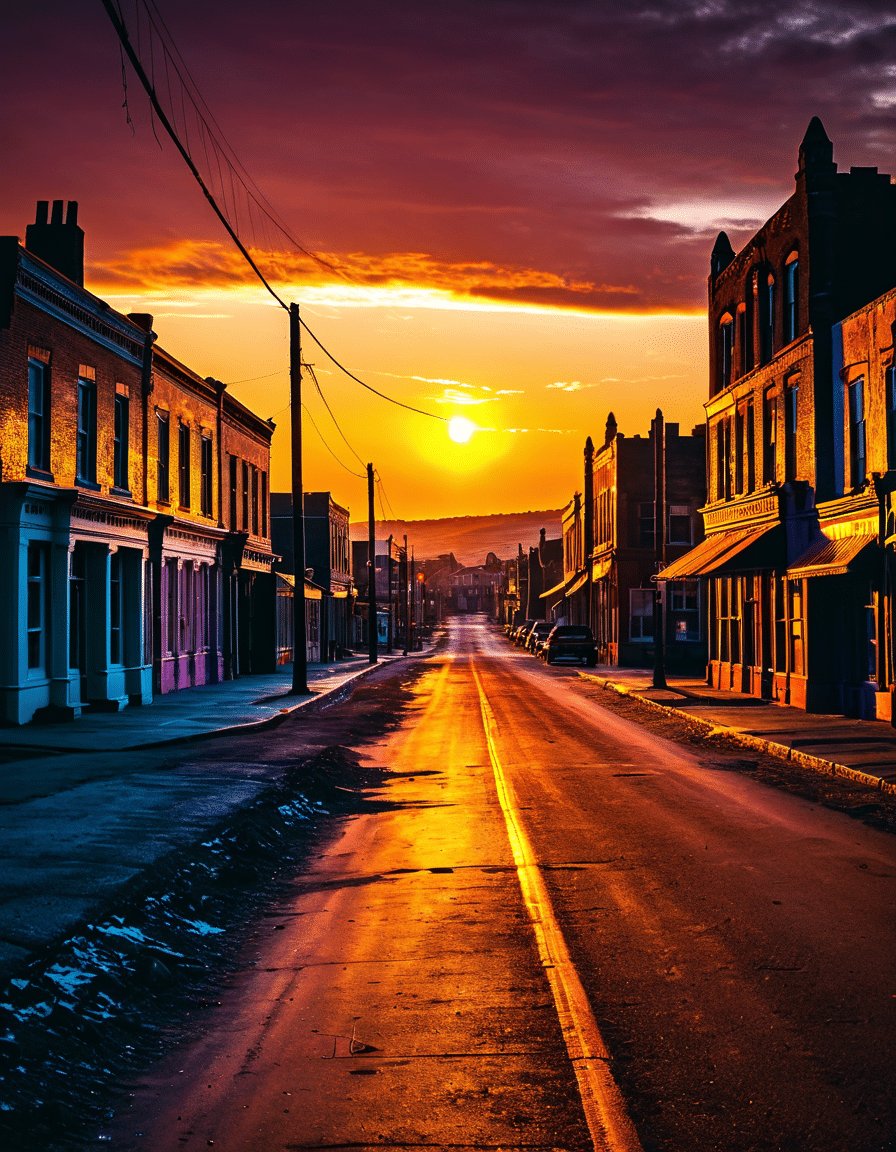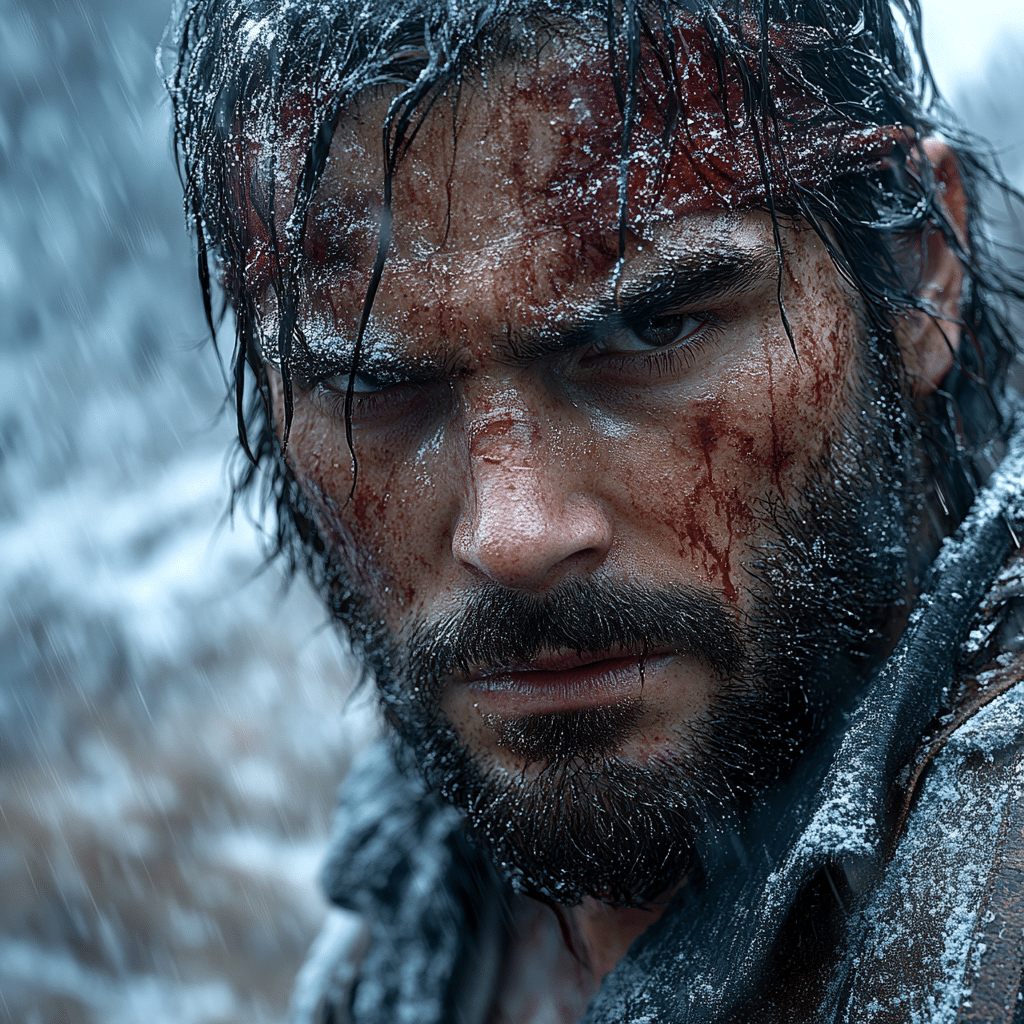Exploring the video game Days Gone, released in 2019, is fascinating, especially as it continues to resonate with audiences in 2026. Set in a harsh, post-apocalyptic realm ravaged by a global pandemic that turns humans into zombie-like creatures known as “Freakers,” Days Gone offers a gripping narrative blended with survival mechanics and emotional depth. This article delves into seven key aspects that make Days Gone an unforgettable experience, highlighting not just the gameplay, but its thematic significance and lasting impact on pop culture. Buckle up; we’re about to take a wild ride through the beauty and brutality of this digital playground!

7 Key Aspects that Define the Experience of Days Gone
Days Gone shines with its sprawling, open-world design reminiscent of games like The Last of Us and Fallout 4. The Pacific Northwest environment is intricately crafted, showcasing stunning landscapes that range from lush forests to eerie, abandoned towns. Dynamic weather patterns, timely day-night cycles, and diverse wildlife add layers to this rich experience. Every corner you turn, you can feel the weight of your choices, making players reflect on human resilience in the face of impending doom.
The character of Deacon St. John isn’t just a player’s avatar; he’s a deeply flawed hero journeying through grief, guilt, and survival. His evolution throughout the game provides narrative commitment that’s often overlooked in other titles. By mirroring personal loss with the broader collapse of civilization, the game’s narrative echoes themes from notable works like The Road by Cormac McCarthy. Fans can truly appreciate the depth and complexity, making Deacon’s hardships feel achingly real.
The storytelling in Days Gone marries action with emotional core perfectly. As players wander through this ravaged world, they witness Deacon’s relationship with his wife, Sarah, unfold through poignant flashbacks that pop up at just the right moments. This clever intertwining highlights themes of love and loss akin to films in the same vein as Eternal Sunshine of the Spotless Mind. It propels the narrative beyond mere survival and into a thought-provoking space where hope flickers like a candle in the darkness.
One of the standout features of Days Gone is its approach to combat, which mixes melee and ranged options creatively. Whether fending off freakish hordes or hostile human factions, players can craft their tools, encouraging out-of-the-box strategies. This feature sets it apart from titles like Far Cry, where combat can feel a bit formulaic. Every decision can mean life or death, urging players to adapt and stay on their toes, adding to that heart-pounding tension.
Nature in Days Gone is a character all its own, acting as both an ally and an enemy. Players soon realize that changing weather conditions directly impact gameplay. One minute you’re racing through a rainstorm, and the next, visibility is shot. Think about it—the cycles of day and night introduce fresh challenges, as Freakers tend to be more vicious once the sun sets. Players must outsmart these threats and plan their excursions wisely, similar to survival tactics seen in hits like Red Dead Redemption 2.
At its heart, Days Gone explores the crucial themes of friendship and loyalty, beautifully exemplified through the bond between Deacon and the Mongrels gang. The camaraderie here showcases the vital importance of community amid despair, reminiscent of narratives in series like The Walking Dead. Trust and loyalty become the threads that hold this fragile world together, inviting players to think about their connections and relationships.
Since its launch, Days Gone has been more than a game; it’s sparked conversations in the gaming community and inspired various media forms. From graphic novels to discussions around mental health, this unique approach to storytelling has opened the door for representation in video games. It stands alongside narrative-heavy titles such as God of War and Cyberpunk 2077, marking an evolving landscape where emotional storytelling holds a significant place.

Expanding the Horizon: Days Gone Beyond Gaming
Over the years, Days Gone has ignited substantial dialogue within gaming circles while influencing other forms of media to explore similar themes. The surge of post-apocalyptic narratives in television, such as HBO’s The Last of Us, suggests a cultural wave where audiences are drawn to tales that emphasize survival, emotional complexity, and the necessity of human connection. Just think about it: how many movies and series now riff off the chaos of Days Gone?
Looking to the future, the lessons from Days Gone stay relevant, especially as we grapple with our unpredictable world. The heartfelt journeys of Deacon and his companions compel players—and viewers—to take a step back and examine their relationships. What does it really mean to hold onto hope in a chaotic environment?
With potential for sequels or spin-offs, Days Gone is positioned to remain more than just a game; it’s a lens through which we understand humanity’s fragility in a world turned upside down. It invites players to reflect on their own journeys, making each encounter—not just epic battles with Freakers, but those touching moments of connection—significant and profoundly human in a chillingly desolate landscape.
In closing, Days Gone reminds us that amidst chaos and decay, connections can flourish, making life worth living. Whether you find yourself battling through hordes or bonding with allies, one thing’s for sure: this journey isn’t just about survival—it’s about discovering what it means to truly live in a world clawing its way back from the brink of oblivion. So next time you’re navigating those wild, post-apocalyptic streets, remember—every moment counts. Happy gaming!
Suggested Links
Join us in celebrating Days Gone, an exhilarating odyssey through heartache, camaraderie, and hope in an unforgiving world.
Days Gone: Thrilling Trivia from the Post-Apocalyptic Journey
The Origins Behind Days Gone
Did you know that the game’s development took over six years? That’s right! The creators aimed to craft a gritty atmosphere that immerses players fully in the challenges of survival after a global pandemic. This commitment is reflected in the way the game captures the vast, open world, which is filled with small details that tell stories of life before the fall. Speaking of stories, the main character, Deacon St. John, was influenced by the likes of other iconic characters, designed to resonate emotionally with players. You can check out more about Days Gone’s emotional depth.(
Fun Facts About the Gameplay
One remarkable feature of Days Gone is its weather system. It isn’t just for show; the dynamic weather affects gameplay and the behavior of enemies. Rain might sway hordes of Freakers, whereas sunshine can lead to different encounters. This aspect keeps things fresh, ensuring that players have to adapt as they explore this richly crafted land. Oh, and don’t even get me started on the bikes! Deacon’s trusty ride is not just a means of transport but a crucial element for survival. Learn more about the significance of Deacon’s bike.(
Legacy of Days Gone
Fan reception has been quite the rollercoaster, with some players raving about the game while others had mixed feelings. Regardless, Days Gone carved its place in the gaming universe, leading to discussions about sequels and potential expansions. Interestingly, the game sparked a debate about open-world mechanics, feeding into larger conversations around the industry’s future. If you’re curious about what might be next for franchise, don’t miss the scoop on the future of Days Gone.(
In the end, Days Gone promises an exhilarating experience filled with rich storytelling and thrilling gameplay, ensuring that players keep coming back for more. Whether you’re a fan of survival games or just love a compelling narrative, there’s no denying the impact of Days Gone in shaping the gaming landscape.




